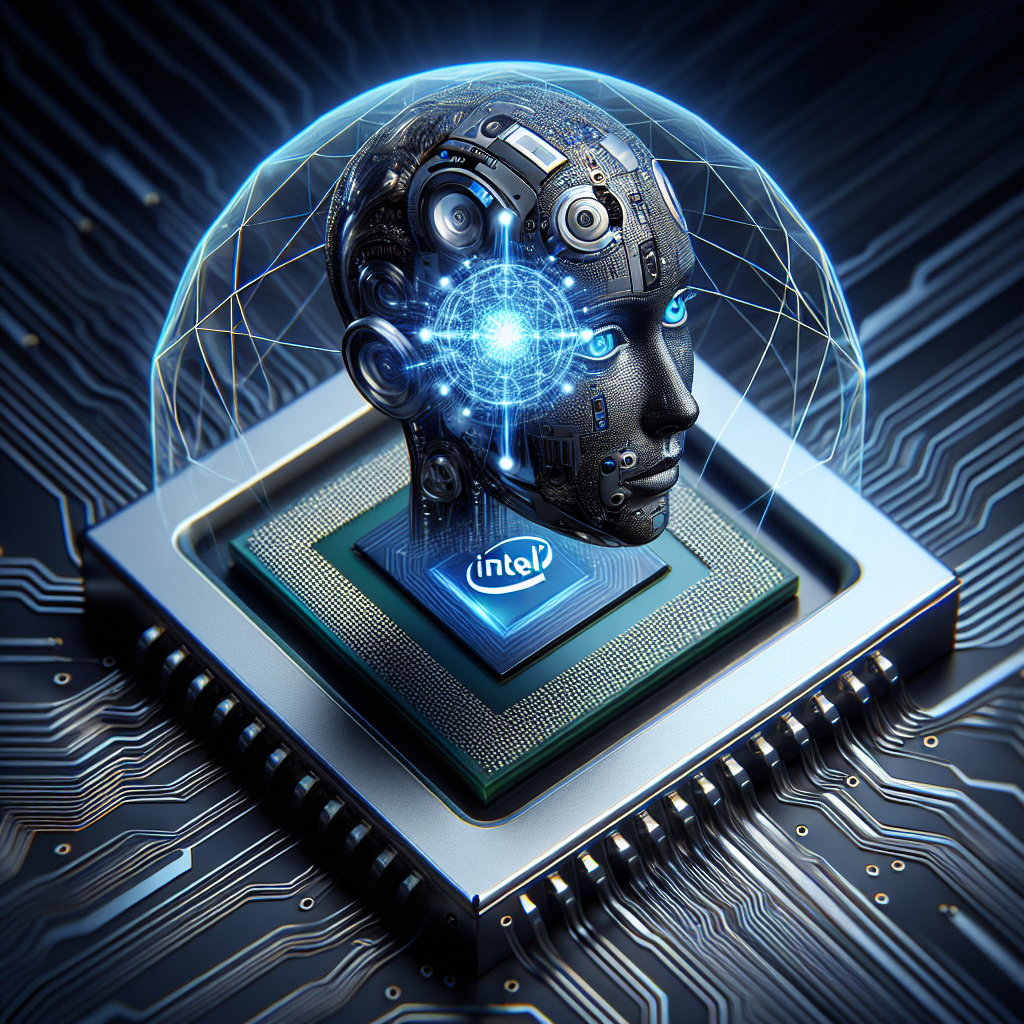The Future of Intel: Predicting Trends and Technologies
As one of the leading semiconductor companies in the world, Intel has been at the forefront of technological innovation for decades. From the development of the first microprocessor in 1971 to the creation of cutting-edge CPUs and GPUs today, Intel has consistently pushed the boundaries of what is possible in the world of computing.
But as the pace of technology accelerates and new players enter the market, what does the future hold for Intel? What trends and technologies can we expect to see from the company in the coming years?
One of the key areas where Intel is expected to focus its efforts is in the development of artificial intelligence (AI) and machine learning (ML) technologies. With the rise of big data and the need for more powerful computing solutions, AI and ML have become increasingly important in a wide range of industries, from healthcare to finance to autonomous vehicles.
Intel has already made significant investments in AI and ML, with the acquisition of companies like Nervana Systems and Mobileye. These acquisitions have allowed Intel to develop new AI chips and software solutions that are tailored to the specific needs of AI and ML applications.
Another trend that is likely to shape the future of Intel is the continued miniaturization of semiconductor technology. As the demand for smaller, more powerful devices grows, Intel will need to develop new manufacturing processes and materials that can deliver on these requirements.
One potential avenue for Intel to explore is the development of quantum computing technologies. Quantum computing has the potential to revolutionize the way we process information, with the ability to solve complex problems that are currently beyond the reach of classical computers.
Intel has already made some early forays into quantum computing, with the development of its own quantum processor and partnerships with research institutions like QuTech. As the technology matures, Intel could become a major player in the quantum computing space, offering new solutions for a wide range of applications.
In addition to these trends, Intel is also likely to continue its focus on improving energy efficiency and sustainability in its products. As the demand for more powerful computing solutions grows, so too does the need for energy-efficient technologies that can help reduce the environmental impact of computing.
Overall, the future of Intel looks bright, with the company well-positioned to continue leading the way in technological innovation. By focusing on AI, quantum computing, miniaturization, and sustainability, Intel is poised to remain a key player in the semiconductor industry for years to come.


